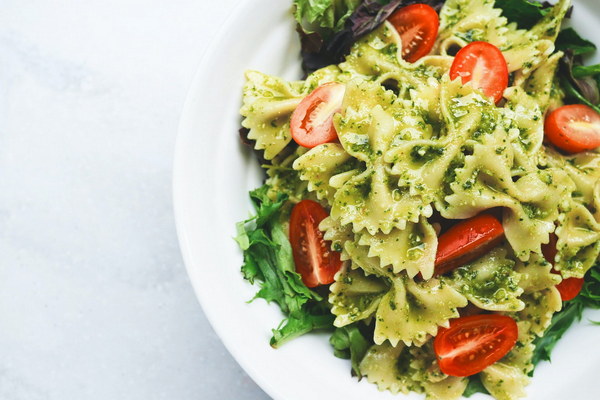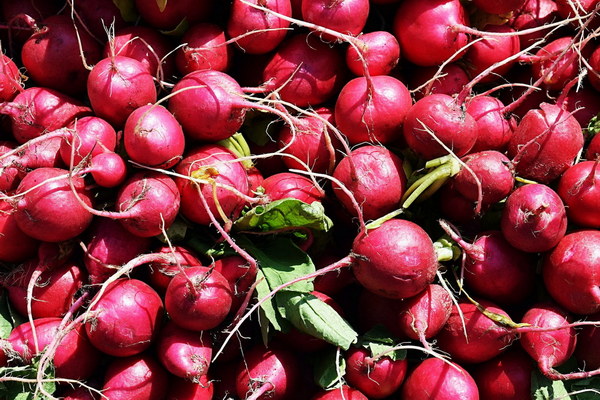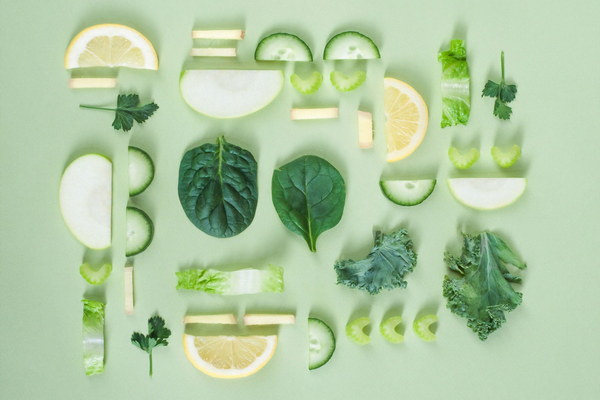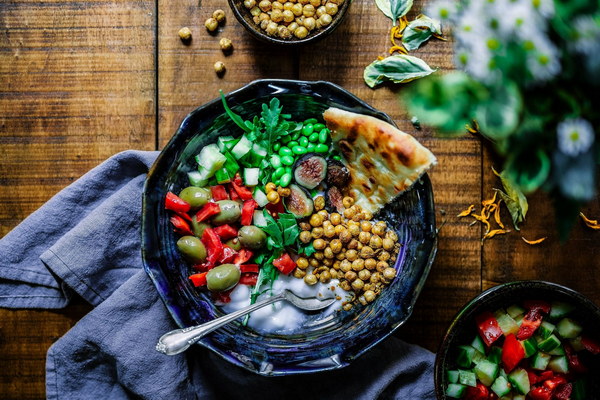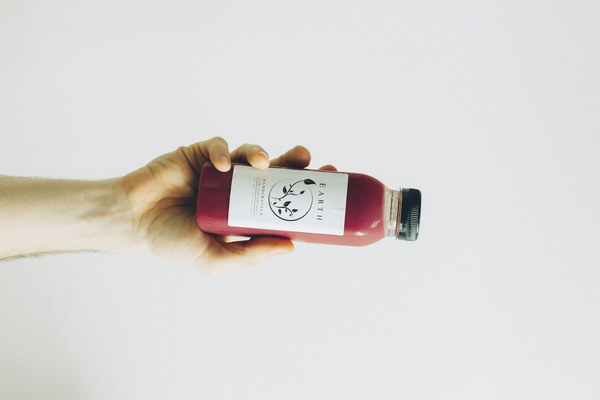Is It Safe for Babies to Consume HealthEnhancing Tea
Introduction:
Health-enhancing tea has gained immense popularity in recent years, offering a variety of health benefits for adults. However, many parents wonder if their little ones can also enjoy these teas. This article aims to explore the question of whether babies can consume health-enhancing tea and the potential risks and benefits involved.
1. Understanding Health-Enhancing Tea:
Health-enhancing tea refers to a range of herbal or traditional teas that are believed to provide various health benefits. These teas often contain ingredients such as ginger, chamomile, peppermint, and green tea leaves. Each ingredient possesses unique properties that contribute to overall well-being.
2. Is It Safe for Babies to Drink Health-Enhancing Tea?
The safety of giving health-enhancing tea to babies largely depends on the ingredients used and the baby's age. Here are some factors to consider:
a. Age appropriateness:
It is generally recommended to wait until a baby is around 6 months old before introducing any new foods or drinks, including tea. This is because their digestive systems are still developing, and certain ingredients may cause discomfort or allergic reactions.
b. Ingredients:
Some health-enhancing teas may contain ingredients that are not suitable for babies. For instance, chamomile is known to have a calming effect but can also cause allergic reactions in some infants. Similarly, ginger is a warming herb that may cause gastrointestinal upset in young children.
c. Tea concentration:
Babies have a lower tolerance for caffeine and other stimulants found in some health-enhancing teas. Therefore, it is crucial to ensure that the tea is prepared with a low concentration of these substances.
3. Potential Benefits of Health-Enhancing Tea for Babies:
While it is essential to exercise caution when giving health-enhancing tea to babies, there are potential benefits that may be worth considering:

a. Digestive health:
Some ingredients in health-enhancing teas, such as ginger and peppermint, have been known to aid digestion and alleviate symptoms of colic in infants.
b. Immune system support:
Certain teas, like green tea, contain antioxidants that may help boost the immune system, potentially reducing the risk of infections in babies.
c. Calming effects:
Teas like chamomile have been traditionally used to promote relaxation and sleep in adults. However, it is important to note that the effectiveness of these teas in babies is not well-studied.
4. Alternative Options for Babies:
If you are interested in providing health benefits to your baby, it is advisable to explore alternative options that are specifically designed for infants. These options may include:
a. Infants' herbal teas: These teas are formulated with ingredients that are safe for babies and designed to address common baby-related issues, such as colic or sleep disturbances.
b. Breast milk or formula: Breast milk or formula is the primary source of nutrition for infants and provides numerous health benefits. It is essential to ensure that the baby's diet meets their nutritional needs.
Conclusion:
While health-enhancing tea can offer potential benefits for adults, it is not advisable to give these teas to babies. It is crucial to prioritize the safety and well-being of infants by exploring alternative options specifically designed for their age and nutritional needs. Consulting with a healthcare professional is recommended before introducing any new substances into a baby's diet.


